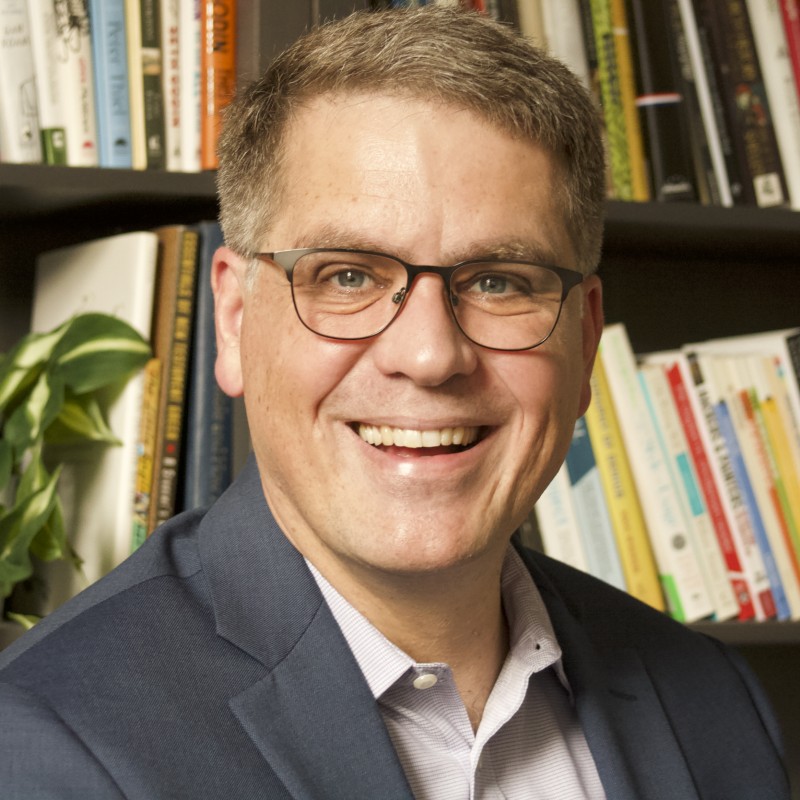When AI Can't Save You
After months of wrestling with what felt like an impossible AI project, I learned something about the limits of technology and the necessity of grace.
I sat, looking at my computer, heaviness on my shoulders. The screen glowed, showing the user interface of an incomplete project. Under that facade, I can see clearly the architectural decisions yet to be made, the annoying bug that just showed up after deployment to AWS, and the hundreds of hours of work undone. As a solo developer, the success or failure of a tiny company and the dreams of an entrepreneur are at stake.
When I accepted the project, building a software product using the latest AI tools, it sounded like a fun, skill-expanding adventure. So I dove in with enthusiasm. I chose the frameworks and tools that best fit the product, and took less care evaluating the match between those technologies and my skill set than I usually would. After all, AI would fill in the gaps.
For the first few weeks and months, I made decent progress, but at a slowly decelerating rate. AI helped with writing the actual code, but it lacked the full context of third-party tools. When implementing a complex authentication and authorization system, the AI began to loop, trying solutions it had tried before. After a few hours of futility, I researched the possible solutions, provided documentation, and got through the difficulty.
My initial optimism drained away as I came to see that this large project required all the same skills and processes I use in my daily work. I did not have the time or energy to define the rigorous processes needed to set clear, simple way markers I could use to measure progress.
Pressure mounted as a desired launch date neared. I could not see completing a robust system in the time allotted, so that initial curiosity and enthusiasm, if any was left, evaporated completely.
They say pressure and heat produces diamonds, and there’s enough weighing me down that I might be on the way there. But it would only work if I were willing to be reduced to ash first. I can see clearly that AI will not make up for my limited energy, attention, and creativity, and it’s killing me.
At the outset, I worked early mornings and late nights, excited both about the technology and the promise of the finished product that could make the world a better place. But months of less-fruitful-than-expected toil leaves only obligation. Obligation is a feeble energy source and soon all that will be left is drudgery.
I feel like Peter, a simple fisherman, who stepped out of his trusty boat on Lake Galilee 2000 years ago: and walked on the water! Well, not like that Peter, but like the one a few steps later who sank and thought he was drowning. Where is Jesus now, for me? Back then, he reached out, pulled Peter up and said, “Why did you doubt?” Is he saying the same to me?
Is it my lack of faith that is causing this project to fail? As I see the chance of success fading, my professional reputation with it, the only person I can see to blame is myself. I go into a tailspin as guilt piles up and I begin to see all of this as not only a failure of judgment, but morality. I should finish what I start. I accepted payment for work based on a promise of productivity I could not keep.
At this stage of the project, I’m looking for an escape hatch. Am I merely catastrophizing: exaggerating the negative aspects the project, losing perspective, and turning the difficult into an impossibility? Maybe I could break the journey into manageable daily stages that can mark progress even when I can’t see the light. But even this feels heavy, a feeble hope when I’m sinking under the weight of it all.
Then I hear the voice of Jesus, “For by grace you are saved through faith. It is a gift of God. Not of works, so no one can boast.” My predicament is not about eternal salvation and the life beyond this, but rather, I am trying to work my way out of an impossible situation rather than accepting God’s provision and help. I value my reputation, trusting in it to guarantee my success. But maybe, just maybe, it’s time to let Jesus take care of me and my family, and let my reputation take a little more damage than I’d prefer.
Sometimes, it’s OK to quit. My self-worth is not at stake here. God values me non-economically, apart from my work. He wants my heart, not my effort.
Quitting stings, and it may cost me. There’s an ache in my stomach, and tightness in my chest as I consider that reality. But I did not count the cost accurately, and it seems to be more than I’m able to pay.

